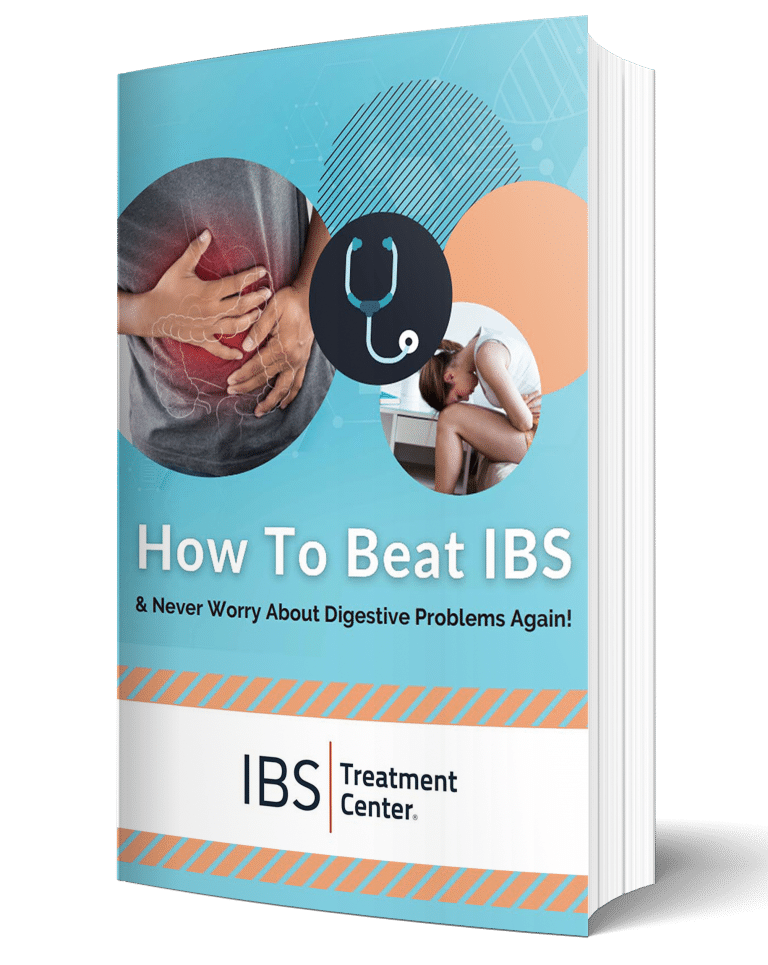(img from womens-health-advice)
We often receive calls asking if we treat Ulcerative Colitis or Crohn’s Disease, and the answer is an emphatic “YES!”
Though the IBS Treatment Center was originally founded with an emphasis on treating IBS, patients with Ulcerative Colitis and Crohn’s, which together make up IBD (inflammatory bowel disease), are also welcome and receive unique and highly specialized treatment.
Do These Issues Have Anything in Common?
IBD, like IBS, is not a particularly useful acronym for the person suffering from the problem. In both cases the acronym provides a label for describing the condition, but it does not provide any information for understanding the cause of the problem or to attempt to cure it. Our goal is to find the cause of the problem so that it can be cured. And IBD sufferers are just as surprised as IBS sufferers to discover that there is much more to learn about digestive health than what they learned from their gastroenterologist.
What is the difference between IBS and IBD?
IBD is much like IBS except in one major area. IBD sufferers are found to have ulcerations in the digestive tract. The difference between Ulcerative Colitis and Crohn’s Disease is the location of the ulcerations. In Ulcerative Colitis, the ulcers are predictably found primarily in the colon.
In Crohn’s Disease the ulcerations are found primarily in the small intestine. Patients with Ulcerative Colitis often experience bleeding with bowel movements, but this is uncommon in Crohn’s Disease. However, other than the different locations and different names, there is no useful medical understanding that differentiates the two conditions.
Our approach to IBD
Patients with IBD are suffering from inflammation in the digestive tract. And the issues that cause inflammation in the digestive are the same for IBS as they are for IBD.
The difference is that in the case of IBD the inflammation is resulting in ulcers within the digestive tract. Medical studies have established that there are many different causes for this type of inflammation, but it takes a specialist trained to do the detective work to sort through these causes in order to get to the bottom of the problem, so to speak. And each person is different, so each case is unique.
Food allergies commonly cause ulcerations in the digestive tract, whether it be apthous ulcers in the mouth or other types of ulcerations throughout the digestive tract. Numerous microorganisms, including various bacteria and yeast, can also cause ulcerations. And it has also been demonstrated that food allergies can cause bleeding in the digestive tract.
These are the kinds of things that we see contributing to Ulcerative Colitis and Crohn’s Disease at the IBS Treatment Center. The challenge is to use testing that is sophisticated enough to detect the various types of food allergies. And we also use the most advanced DNA stool testing available in order to find bacterial infections, yeast overgrowths, and parasites. This allows us to create highly effective individualized treatment plans for our patients, which generally results in dramatic improvement in their health, without the use of their only previous option – powerful anti-inflammatory drugs with numerous side effects.
—
Image thanks to womens-health-advice.com

Dr. Wangen is the founder and medical director of the IBS Treatment Center, the award winning author of two books, and a nationally recognized speaker on digestive disorders. He has been on ABC, NBC, and Fox as well as public radio, and was named one of Seattle’s Top Doctors by Seattle Magazine.

